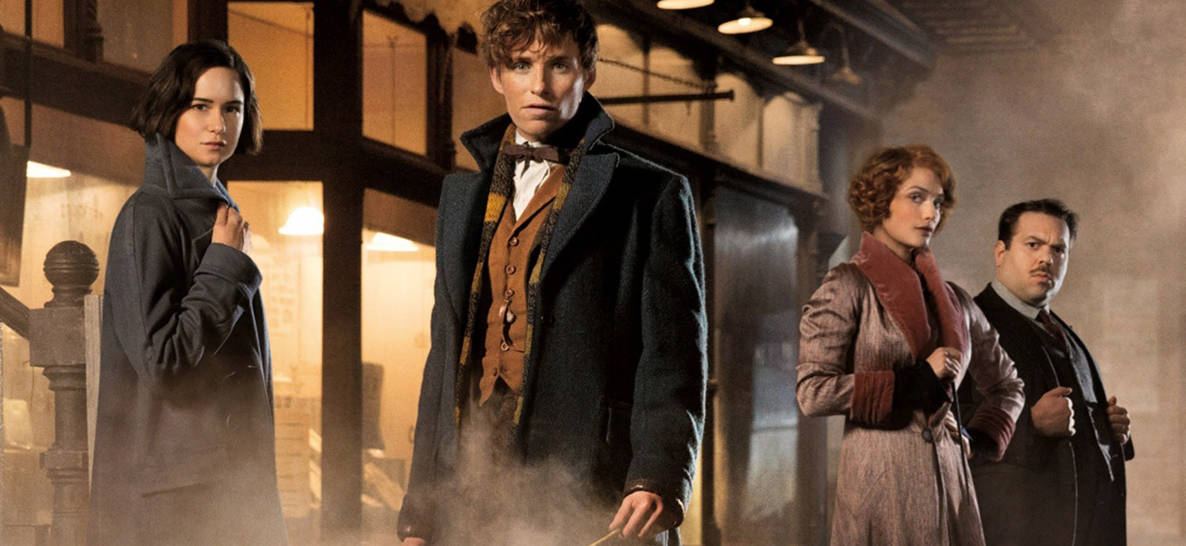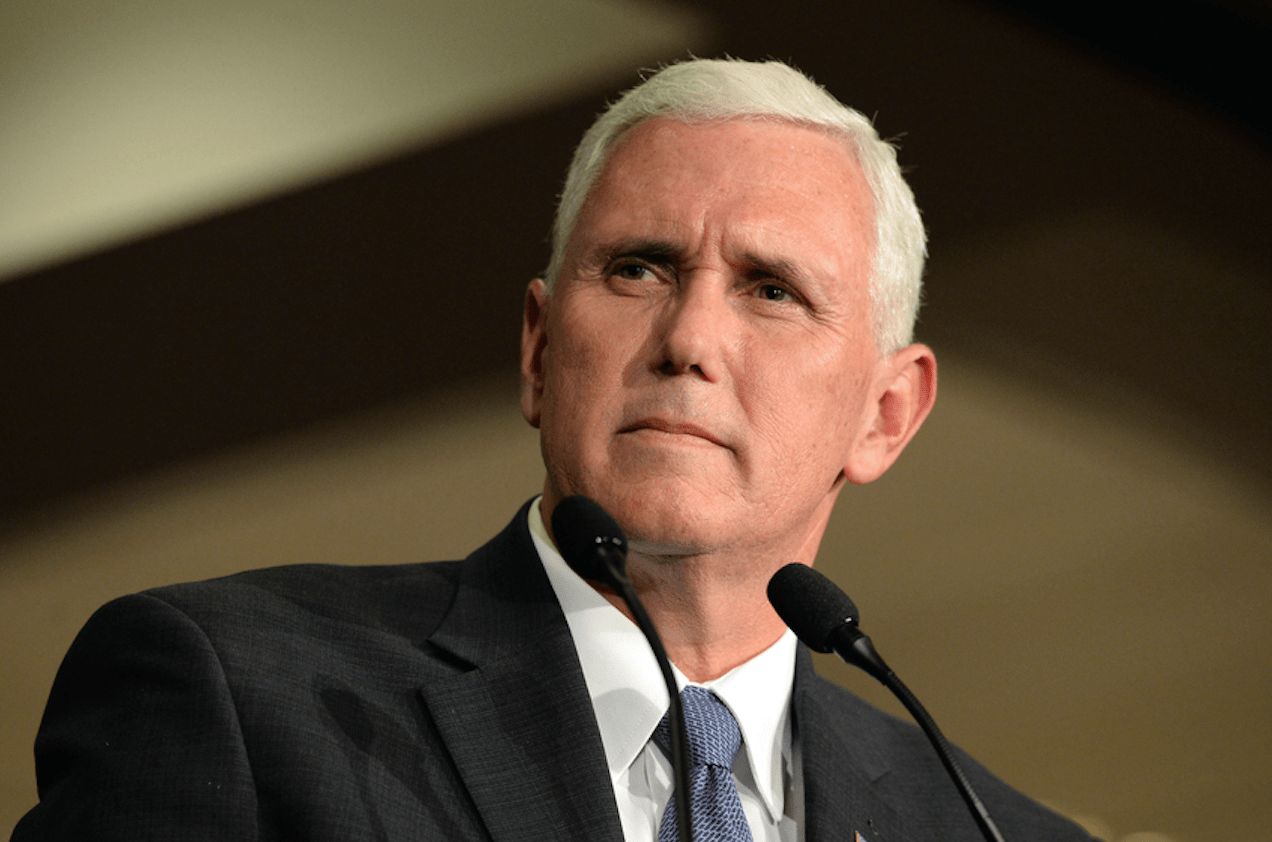
The highly anticipated Fantastic Beasts and Where to Find Them has finally opened in theaters, bringing in an estimated $75 million worldwide over the weekend alone. This early success means that the five sequels reportedly planned by Warner Bros. will likely be produced, showing no signs of the Harry Potter movie franchise slowing down anytime soon, even without its hero at the center of these spinoff movies.
I’ve seen the movie, and while I wasn’t quite enamored with it, I still profess to be a fan of the other movies and books based around the wizarding world. But like many other Christians my age, I wasn’t allowed to read any of the books growing up. Some might not remember this, but Harry Potter was a bit of a taboo subject in many Christian circles in the late 1990s and early 2000s. In my own home, this was a complicated topic.
When I asked my parents to purchase the first book in the series, half-expecting an “Of course! We love encouraging your reading habit,” I was met with a stern “No.” Our local church condemned the Harry Potter series as harmful fiction for children due to its embrace of magic and spells, which as an 8-year-old, I couldn’t comprehend.
I missed the hype and fandom, settling for being a casual observer of the excitement sweeping over grade-school classrooms all over the world. I watched the movies over the years until its final installment in 2011, but didn’t read any of the books until earlier this year.
Although I wasn’t allowed to read them growing up, a few details have shaped my impression of the Harry Potter franchise and why I’m now a fan for life.
The books glorify character, not magic.
Though magic is obviously a major aspect of the Harry Potter universe, it is not a worshipped concept. It’s so major that it’s just woven into the background of the story, evidenced by how the books rarely spend time in the classroom or with Harry as he learns various powers. Instead, the story is usually focused on Harry’s life as a boy entrusted with massive responsibilities he sometimes can’t handle, as well as an intriguing caste system that spurs much of the drama between varying groups of wizards inside and outside the school.
Put more simply, Harry himself places more value in his friendships and heroism than he does magic itself, similar to how superhero stories are more about actions and selflessness, not the complexities of how radioactive spiders somehow grant amazing powers. And it’s telling that the books and movies frame “dark magic” as something to be avoided and shunned, similar to how the Bible instructs us to avoid black magic and witchcraft.
This isn’t a pure equivalency, but the result of using dark magic in Harry Potter reminds me quite a bit of how sin works. Just a little of it poisons the characters of Harry Potter, who sometimes use this dark magic as a means to an end, it also distorts and twists their intentions and results in outright evil that the heroes of the story have to confront.
These books are beloved for complex, sometimes surprising reasons.
When first reading Harry Potter, it became quickly apparent to me that the style and machinations of Rowling’s writing have little to do with the elevated praise these books receive, though the writing steadily and naturally improved as the story unfolded.
It was the story’s imaginative concepts and lovable characters that made it truly adored. The focus on the character development above the magical elements is similar to how The Lord of the Rings and The Chronicles of Narnia use unexplainable magic to add spectacle to more serious-minded themes and ideas.
The main difference in Harry Potter’s case, however, is that the characters happen to be more intriguing than the subtext or grander narrative of the story, which doesn’t become all that compelling or complicated until the later books. The basics are all there, of course, in that Harry learns to treat others fairly, lets go of torment received by bullies and sticks up for his friends.
The morality of the books takes a while to come together.
A common criticism of the books, aside from the magical component, has to do with some of the more troubling examples of rebellion enacted by the characters. Harry and his best friends, Ron and Hermione, routinely get into trouble with authority, often disobeying direct rules. What troubles many parents, in this case, is that in the first few books, Harry is usually rewarded for this behavior, a clear example of “the ends justify the means.”
Later in the Harry Potter series, the main characters learn a harsh lesson about how mischief has unintended, even deadly consequences. And the handful of authority figures who enabled the kids also take fault, understanding that their long leash on Harry Potter was wrong and unfair to the other students.
One good aspect of all this is that the lesson is clear and powerful. It’s important to note that the majority of bad behavior throughout all of the books is far from rewarded, justified or rationalized. Each moral event is a stepping stone to a fully realized lesson about how kids in school realistically navigate their problems. And most kids are definitely smart enough to perceive this story as entertainment to be observed, not a credo for how to live their lives.
There’s a teaching opportunity here.
As the books progress, they become darker and more ethically complex, making them unsuitable for younger children who are easily frightened.
But in today’s world of instant media, it’s easier than ever for a child to get their hands on these books and movies, anyway, especially as they’re exposed to advertising for the next Fantastic Beasts and Where to Find Them movie that many of their peers are watching. If they want to find these books, they just might, with or without permission.
It can be easy and sometimes tempting to deconstruct a story or piece of entertainment. We can find all manner of reasons to morally reject just about anything we want to dislike, even movies and shows sponsored by faith leaders. But for me and many others, creativity in just about any form is something to be celebrated and nurtured, while also criticized when necessary.
With Harry Potter, the positives far outweigh any possible concerns towards the series. I was fortunate enough to have parents who explained this to me without using the authoritarian approach. They explained their concerns with Harry Potter so that I could understand where they were coming from, and as a result, I eventually approached these stories (and many others) with a cautious, skeptical mind. The fondness I grew towards the series is all my own.






















